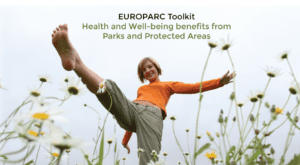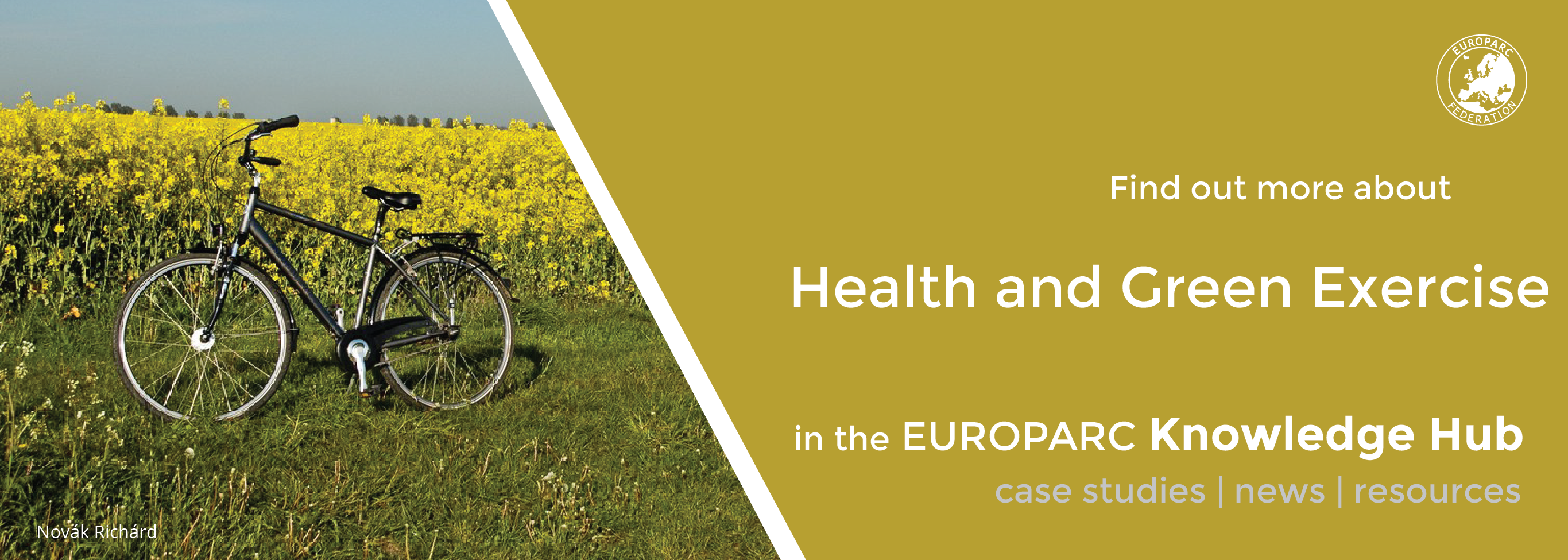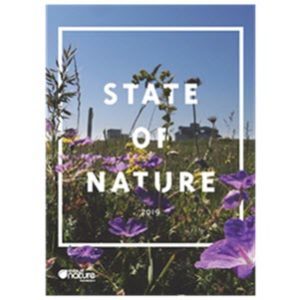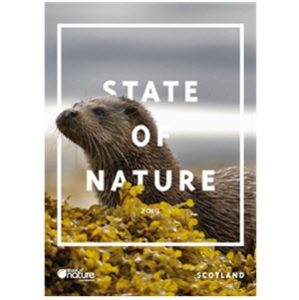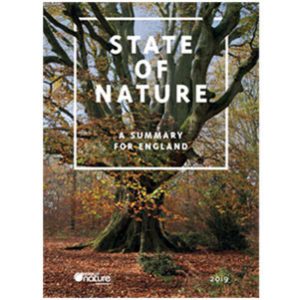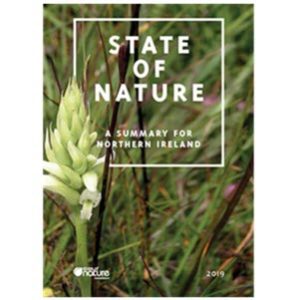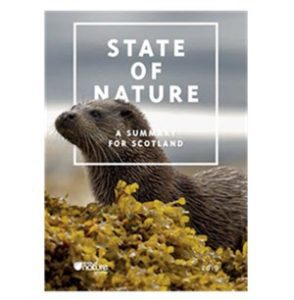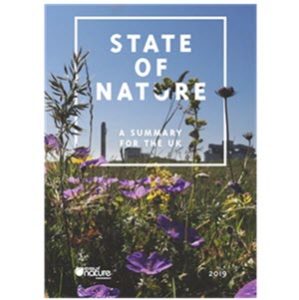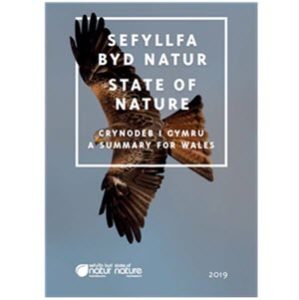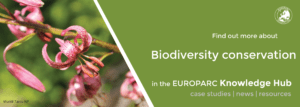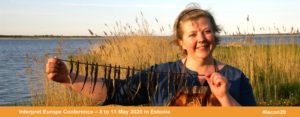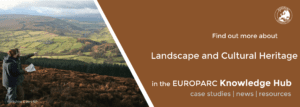[24th October] EUROPARC Webinar “Healthy Parks, Healthy People Europe”
EUROPARC webinars give you the opportunity to get new ideas, tools and inspiration from other Protected Area professionals. At real time. Person to person. Without leaving your office. Join us online on the 24th of October. Participation is free and everyone is welcomed to join us with a webcam and microphone – for a truly interactive experience!
Webinar Healthy Parks, Healthy People Europe – realising the potential of Parks & Protected Areas as ‘Natural Health Centres’
- 24th October
- 11:00 CEST
- Register here
Our Parks and Protected Areas are a health-promoting asset. They have a crucial role in nurturing healthy ecosystems which are good for nature and sustain our societies. In providing opportunities for people to experience and enjoy nature, they also support the mental, physical, emotional, spiritual and social health and well-being of people and communities across Europe.
At its recent annual conference in Latvia, the EUROPARC Federation committed to developing a “healthy parks, healthy people” programme for Europe. The Jūrmala Communiqué sets out a range of action required to do this and to realise the potential of Parks and Protected Areas as natural health centres.
The statement builds on the publication last year of the EUROPARC Federation toolkit Health & Well-being Benefits from Parks & Protected Areas which brought together a range of experience from across Europe to highlight the key elements of work required for Parks and Protected Areas to support this agenda.
In this webinar, you will learn more about the background to the development of the communiqué and how it will be taken forward in practice. Hear first-hand about the experience of the original Healthy Parks, Healthy People programme developed by Parks Victoria in Australia. Find out more about the key steps that Parks and Protected Areas across Europe are taking to contribute to this agenda, and help us shape the development of this exciting new programme moving forward.
The case study presenters will share with us their experience relating to
developing a Healthy Parks Healthy People programme, exploring some of the key steps in delivering on this agenda, drawing on the EUROPARC toolkit and providing practical examples of the work currently taking place in Parks and Protected Areas.
- Case study 1 The Healthy Parks Healthy People Approach – the Australian experience, by Deborah Prentice, Parks Victoria, Australia
- Case study 2 The Flemish Nature and Health network, by Liesbeth Van Gysegem, Regional Landscapes Limburg, Belgium
- Case study 3 The Wild Ways Well programme, Cumbernauld – Scotland, by By Paul Barclay, Cumbernauld Living Landscape, UK
The Webinar will be moderated by Pete Rawcliffe from Scottish Natural Heritage and Council member of EUROPARC Federation. Pete will introduce the EUROPARC Federation’s Jūrmala Communiqué and highlight how it can help our National Parks and other Protected Areas to realise their potential as “natural health centres”.
The EUROPARC Conference goes to Austria! Save the date: 27-30 October 2020
The EUROPARC Conference is the event of the year for those working in Europe’s Protected Areas and Natura 2000 sites. In 2020, EUROPARC Conference is host by the Austrian Ministry of Sustainability and Tourism, save the date!
October 27-30th in Neusiedler See – Seewinkel National Park, Austria.
Communicating in the 21st Century? Question your mindset!
In October 2020, the Neusiedler See – Seewinkel National Park in Austria will host EUROPARC Conference 2020. After we have looked at the value of nature across multiple sectors of society at EUROPARC Conference 2019, in 2020 we will make you question your communications... How are we speaking to our audiences? Are we also looking from a human perspective to the many challenges our Protected Areas face? Can we use technology to better reach out people’s understanding and encourage respect for nature?
Over 300 international delegates are expected to meet in the Neusiedler See National Park, to explore how Protected Areas can effectively communicate in the 21st Century.
The programme includes inspiring keynote speakers, practical workshops with cutting-edge examples for Europe’s protected areas, a knowledge Market where everyone is invited to join with a stall to share information about its park or projects, and of course, amazing field trips to the National Park its Hungarian Transboundary neighbour, Fertö-Hanság National Park. Learn more about the Transboundary cooperation between Neusiedler See and Fertö-Hanság.
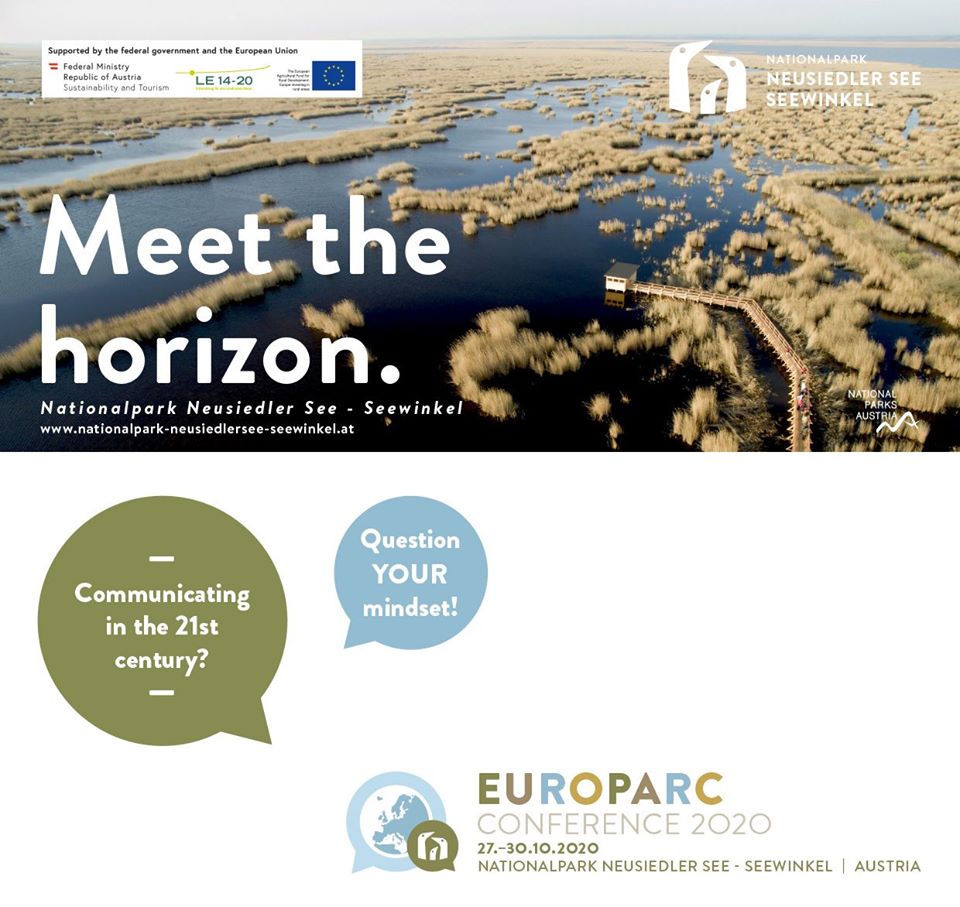
Find out what happened in 2019 at the EUROPARC Conference in Kemeri National Park, Latvia
or check out our previous Conferences.
State of Nature 2019 Reports reveal human impacts on wildlife in the UK
Source: National Biodiversity Network website
The British National Biodiversity Network (NBN) published a series of documents – State of Nature 2019, highlighting links between climate change, nature and sustainability, and revealing how human impacts are driving sweeping changes in wildlife in the UK.
#STATEOFNATURE
Collating the best available data on the UK’s biodiversity, the State of Nature 2019 Reports present an overview of how the country’s wildlife is faring. The authors look back over nearly 50 years of monitoring to see how nature has changed in the UK, its Crown Dependencies and Overseas Territories.
Produced by a partnership of more than 70 organisations involved in the recording, researching and conservation of nature in the studied area, the report particularly focuses on what has happened in the last decade, and so whether things are getting better or worse for nature.
By 2020 most targets of the Convention on Biological Diversity won’t be met.
In a complex way, the report assesses the pressures that are acting on nature, and the responses being made, collectively, to counter these pressures.
Key findings
Thanks to new data sets becoming available and the development of new analytical tools, State of Nature 2019 is able to present trends in status for more species than ever before.
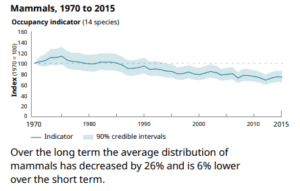
Source: State of Nature 2019
Their statistics demonstrate that the abundance and distribution of the UK’s species has, on average, declined since 1970 and many metrics suggest this decline has continued in the most recent decade. There has been no let-up in the net loss of nature in the UK.
41% of species have decreased in abundance.
It should also be noted that prior to 1970, the UK’s wildlife had already been depleted by centuries of persecution, pollution, habitat loss and degradation.
The report concludes that, although progress has been made, the UK will not meet most of the Convention for Biological Diversity’s 2020 Aichi targets.
Download the Reports
Click the images to download the Report and summaries for different countries of the UK. Source: National Biodiversity Network website.
Interpret Europe: Call for Papers on Heritage Communities
‘Fostering heritage communities’ is the title of the next Interpret Europe Conference that will take place from 8 to 11 May 2020 in Haapsalu, Estonia. Interpret Europe now accepts proposals for presentations and interactive workshops! Read about previous events of Interpret Europe here.
What is heritage interpretation?
Heritage interpretation supports visitors of heritage sites as well as local people in their search for meaning in heritage. While many parks, monuments and museums might agree that a lively heritage community is invaluable for their site, they often feel challenged by debates with local people and by engaging with volunteers in interpretation, who all bring their own issues and opinions to the site.
Heritage lives through the people dedicated to it. What role could such communities play in interpreting natural and cultural heritage?
The Interpret Europe Conference intends to bridge that gap between abstract concepts such as participation and citizenship building and the very practical need to ‘get things done’. It seeks to explain the ideas behind contemporary approaches to heritage interpretation and to exchange experiences of practitioners how to bring the theory to earth.
Considering the political background, the conference intends to bring, especially, two European conventions to life: the Faro Convention and the Florence Convention.
Questions
What do heritage communities and landscape mean for heritage interpretation? In relation to the conference title ‘Fostering heritage communities’, Interpret Europe invites proposals for presentations and interactive workshops that particularly address one or more of the following questions:
- What turns the living experience of heritage into a process fostering active citizenship?
- How can we involve favourable as well as critical stakeholders with heritage communities?
- How can we encourage people to reflect upon heritage sites from different perspectives?
- How can co-creation of interpretation help people to understand heritage?
- What role do acknowledged experts play if other stakeholders start to interpret heritage?
- Can anybody be an interpreter?
- What triggers engagement and boosts a sense of fulfillment for volunteer interpreters?
- Considering a shift of paradigms, what new qualities does interpretive training need to have?
- Are values of heritage defined by communities, or do communities enhance the value of heritage?
- How do the Conventions’ concepts of heritage and heritage communities compare to current theories of heritage interpretation, and what conclusions can we draw from that?
Interpret Europe also welcomes presentations and workshops that focus on the theory and practice of heritage interpretation as a discipline. Besides theoretical essays, descriptions of case studies of outstanding sites, or remarkable practices are welcome. Remember to fulfil the following requirements.
Format
Interpret Europe conferences attract up to 200 attendees from as many as 40 countries. Besides four keynote addresses in the plenary, 60-80 workshops and presentations are run in parallel, in different strands. The call refers to these parallel sessions.
Presentations can be 25 or 55 minutes long including ten minutes for exchanges of views. Keeping presentations as short and as inspiring as possible is recommended. Workshops can be 55 or 85 minutes long and need to be differentiated by ensuring the active involvement of the participants.
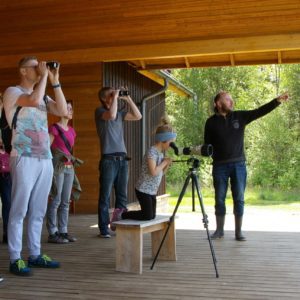
Source: Interpret Europe
A dedicated Review Team will consider all paper abstracts and decide whether they are a sufficient basis for a workshop or presentation.
Submissions
Please submit an abstract of your presentation or interactive workshop by 1 February 2020 using the template on www.interpreteuropeconference.net/call-for-papers. You will find all information about requirements for this abstract there.
Conference proceedings will be published on the IE website from the day that the conference begins. They will have their own ISBN and include all full papers received by 15 April 2020.
Delivering a full paper is not mandatory for giving a presentation or workshop. Either can also be based on the paper abstract. Paper abstracts are published as part of the proceedings.
Contact
The Conference ‘Fostering heritage communities’ will be organised by Interpret Europe’s institutional member SALM, the Foundation of Haapsalu and Läänemaa Museums.
If you have any questions, please contact Conference Manager, Karin Mägi from SALM: karin.magi@interpreteuropeconference.net.
Lear more about Heritage Communities
Heritage communities are a cornerstone of the Council of Europe’s Framework Convention on the Value of Cultural Heritage for Society (Faro Convention). The preamble of this outstanding Convention highlights “the need to put people and human values at the centre of an enlarged and cross-disciplinary concept of cultural heritage” and “to involve everyone in society in the ongoing process of defining and managing cultural heritage“.
A heritage community consists of people who value specific aspects of cultural heritage which they wish, within the framework of public action, to sustain and transmit to future generations (Faro Convention, Article 2b).
The Convention asks us to “encourage everyone to participate in the process of (…) interpretation” (Article 12a) and to enhance “respect for diversity of interpretations” (Article 7a). In the Faro Convention’s wider understanding, cultural heritage “includes all aspects of the environment resulting from the interaction between people and places through time” (Article 2).
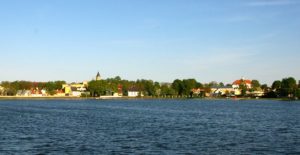
Source: Interpret Europe
Landscape
In terms of open landscapes, the Council of Europe’s Euopean Landscape Convention (Florence Convention) mirrors many of the aspects mentioned in the Faro Convention. It defines a landscape as a “basic component of the European natural and cultural heritage, contributing to human well-being and consolidation of the European identity” (Preamble).
‘Landscape’ means an area, as perceived by people, whose character is the result of the action and interaction of natural and/or human factors (Florence Convention, Article 1a).
It expresses the need to “increase awareness among the civil society, private organisations, and public authorities of the value of landscapes” (Article 6A) and it claims “participation of the general public, local and regional authorities, and other parties with an interest in the definition and implementation of the landscape policies” (Article 5c).
